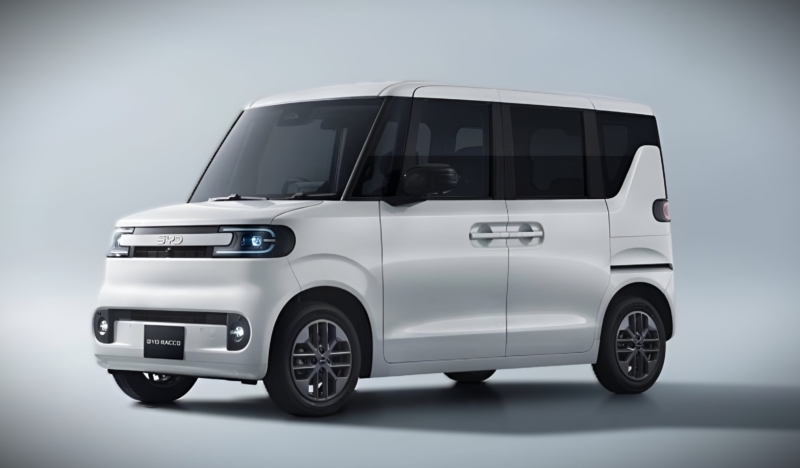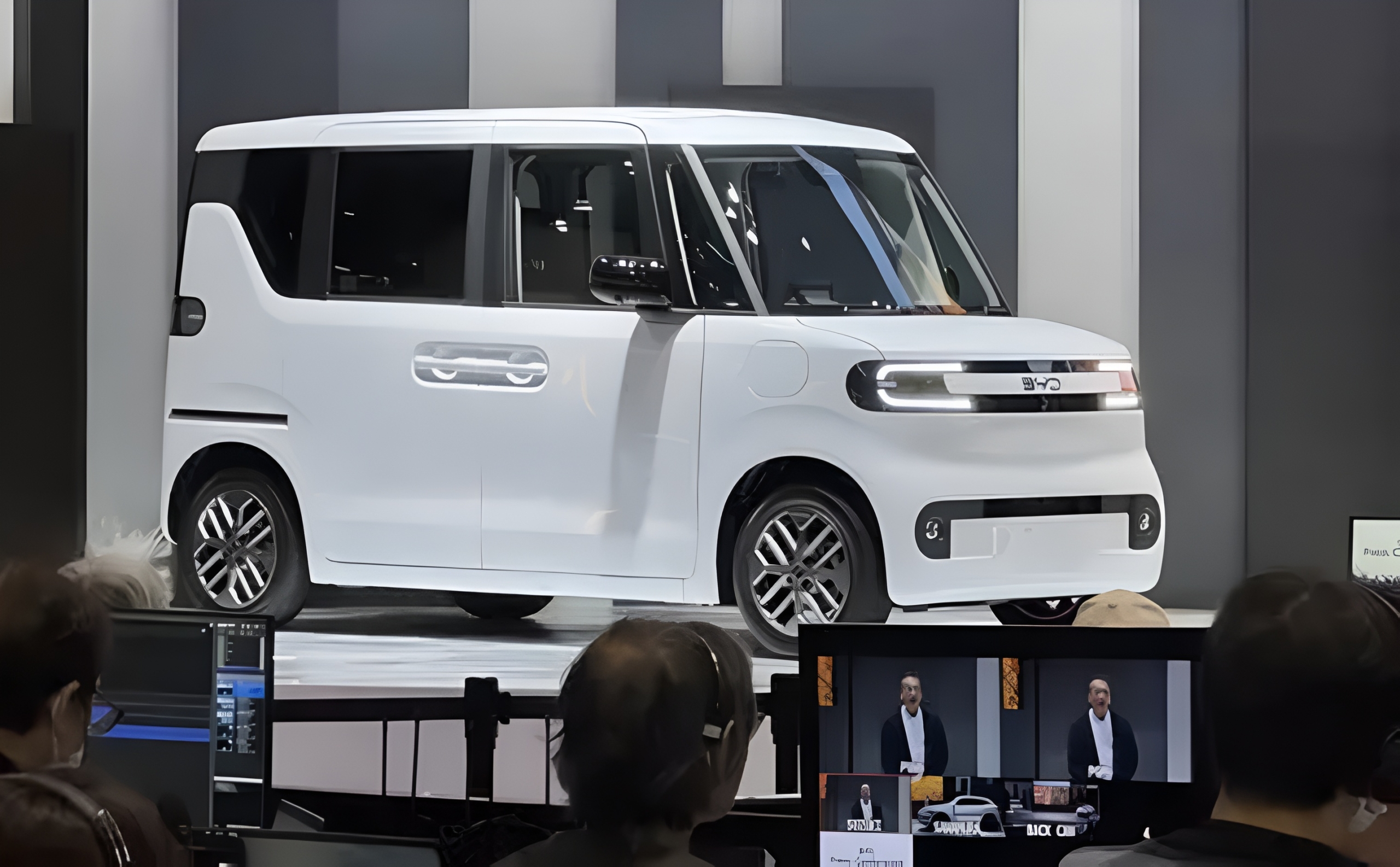Suzuki sees BYD as a major threat in the Japanese K-Car market
At the 2025 Tokyo Motor Show, BYD drew significant attention with the debut of its first Japanese-market Kei car, the Racco, signalling the Chinese automaker’s deeper push into one of the world’s most distinctive small-car segments. The move has caught the eye of Japanese industry leaders, including Suzuki Motor’s president Toshihiro Suzuki, who described BYD as a “major threat” as competition in Japan’s compact vehicle market intensifies, as reported by IT-home.
Suzuki Motor’s president, Toshihiro Suzuki, acknowledged BYD’s entry as a significant development in Japan’s light vehicle sector. “There are many small car standards around the world, and BYD chose Japan’s K-Car standard. I’m pleased about that,” Suzuki said, adding that “new competition is beginning” and that he hopes both sides can “learn from each other and move forward.” However, he also admitted that BYD represents “a significant threat,” noting that Japanese consumers are becoming more open to purchasing Chinese products.
In response, Liu Xueliang, General Manager of BYD Asia-Pacific Auto Sales, told Chinese media that BYD’s strategy in Japan does not focus on direct competition with domestic brands. “We are not coming to compete with Japanese carmakers,” Liu said. “Our goal is to offer Japanese consumers more choices so they can freely decide which car or brand they prefer.”
Although BYD has been active in Japan for two decades, the company only officially entered the country’s passenger car market in July 2022. Since then, BYD has launched several pure-electric models, including the Atto 3, Dolphin, Seal, and Sealion 7. As of October 2025, BYD’s cumulative passenger car sales in Japan reached 7,123 units.
Liu said that the brand’s performance this year has already surpassed the total for 2024 within the first nine months. “The growth trend is still positive,” he added. But he also noted that expansion in Japan is expected to remain steady rather than rapid. “This kind of gradual growth is actually beneficial for building our platform,” Liu explained. “During the process of growth, we are continuously identifying problems and improving ourselves.”
Japan’s K-Car category, defined by engines under 660cc and compact dimensions, accounts for roughly 40% of Japan’s total car market, with annual sales of around 18 billion USD. The Honda N-Box continues to lead as Japan’s top-selling K-car in 2025, followed by the Suzuki Spacia, Daihatsu Move, Daihatsu Tanto, and Suzuki Hustler.




